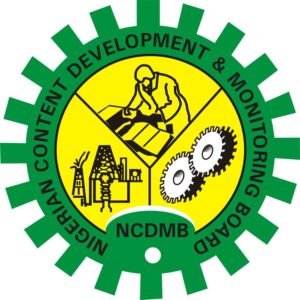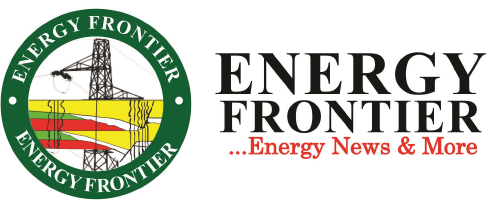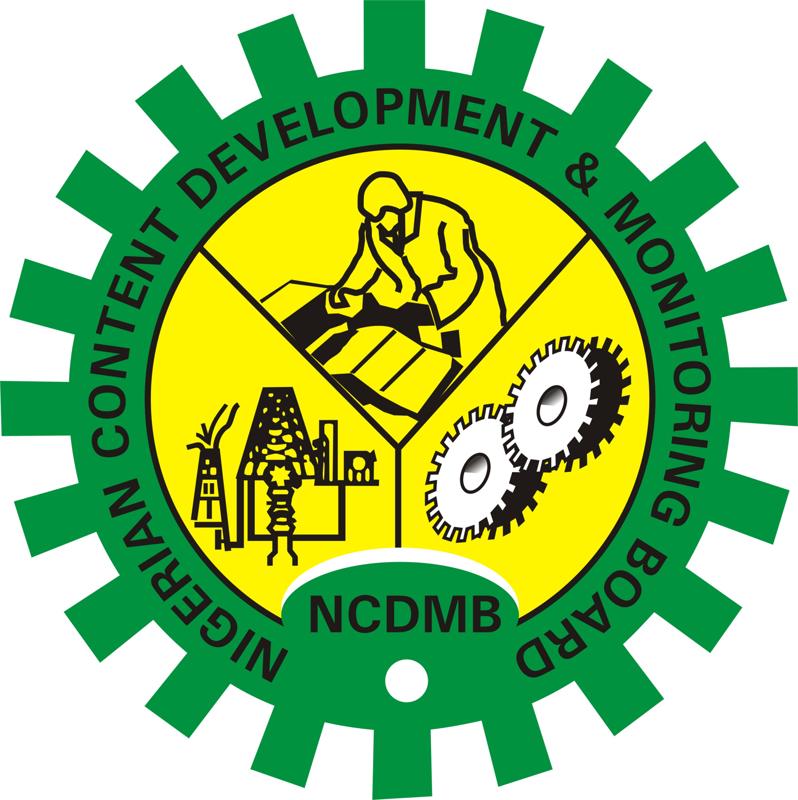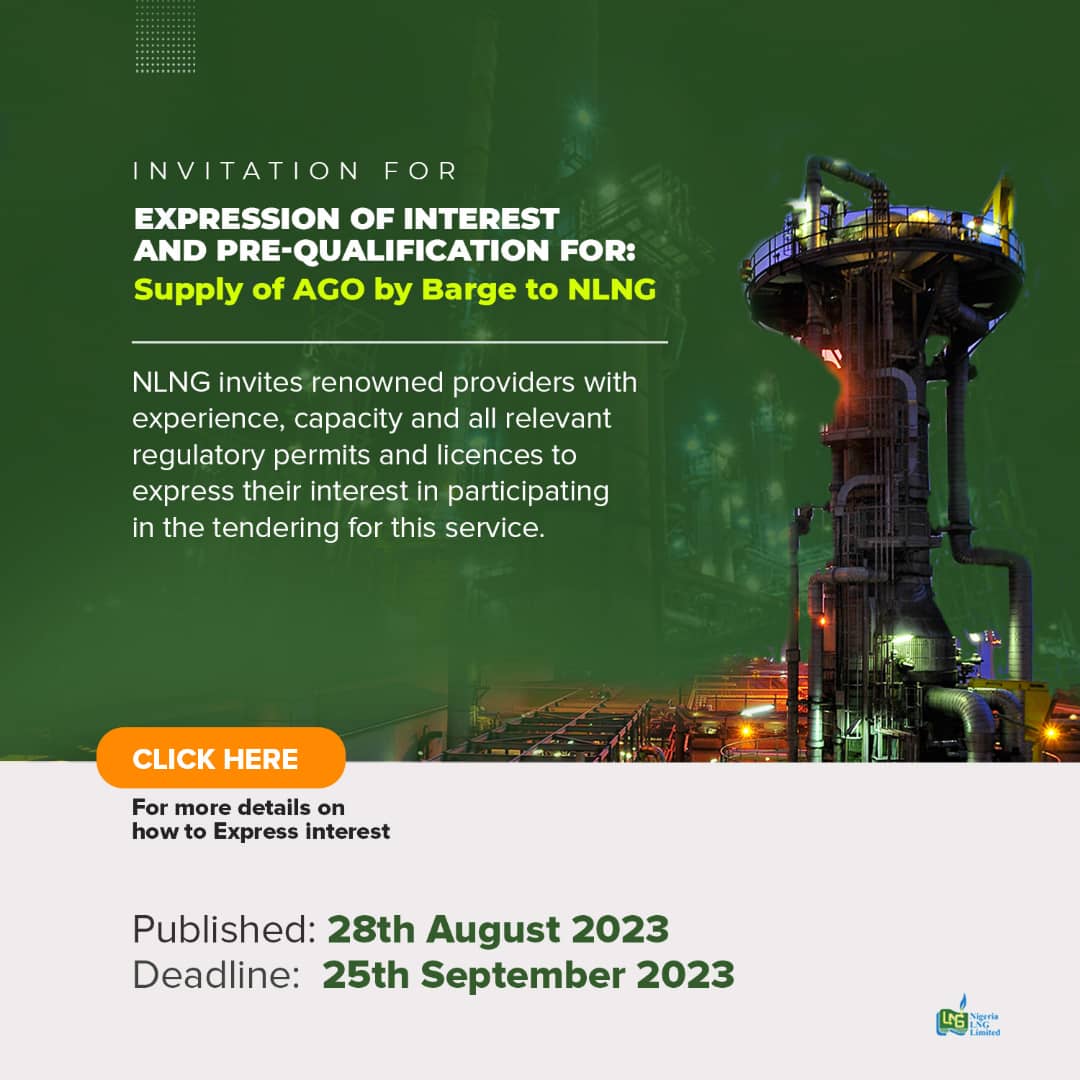
The Nigerian Content Development and Monitoring Board, NCDMB, has made a move to increase growth and maximasation of in- country capacities and capabilities. This is contained in its aspiration and priorities over the next 4 years (2021 – 2024)
The General Manager, Capacity Building, NCDMB, Ama Ikuru stated this at the Nigerian Content Capacity Building workshop for Media Stakeholders with the theme: Sustaining Nigerian Content Development amidst COVID-19 Pandemic: The Role of the Media, held last week in Lagos.
In his presentation with the theme:Technical Capacity Development as key pillar of Nigerian Content 10-Yyear Road Map, Ikuru listed the priorities over the next 4-years to accelerating delivery of the NCDMB 10-year Strategic Roadmap to include drive and support local manufacturing of materials for the Oil and Gas Industry, identify and support local companies and investors with potential capacities and capabilities to drive the manufacturing of PPE(s), Pumps, Valves, Bolts and Nuts, and other materials, equipment or equipment components with high market value or with viable and sustainable demand profile and drive sustainable supply and optimal utilization of locally produced materials and goods in the Nigerian Oil and Gas Industry and its Linkage Sectors.
The General Manager who was represented by the Manager, Institutional Relations & Entrepreneurship Development Capacity Building Division, NCDMB, Ejiro Dortie, said the priorities over the next 4-years to accelerating delivery of the NCDMB 10-year Strategic Roadmap which aims to drive and support local manufacturing of materials for the Oil and Gas Industry, Identify and support local companies and investors with potential capacities and capabilities to drive the manufacturing of PPE(s), Pumps, Valves, Bolts and Nuts, and other materials, equipment or equipment components with high market value or with viable and sustainable demand profile.
So also to drive sustainable supply and optimal utilization of locally produced materials and goods in the Nigerian Oil and Gas Industry and its Linkage Sectors.
Others include domestication of barite and drilling Fluids, drive reliable and sustainable processing and utilization of locally produced Barite and Drilling Fluids in the Nigerian Oil and Gas Industry, ensure effective implementation and enforcement of the Guideline for the Utilization of Locally Produced Barite and Drilling Fluids and drive the unbundling of barite scope of contracts to ensure optimal value creation.
Speaking further, he said NCDMB plans to drive and support Rig ownership and utilisation by Nigerian Companies, ensure effective implementation and enforcement of the Guideline for Rig ownership and Utilization, facilitate the creation of dedicated fund to support rig/rig assets acquisition by Nigerian companies and facilitate equity ownership strategy for rig/rig assets acquisition by the Board in collaboration with investors.
The NCDMB according to him plans to ensure facility upgrade and institutional strengthening, support the development of institutional capabilities to drive skill and competency-based training and globally competitive Nigerian workforce, upgrade at least 8 Vocational Schools and 8 Universities/Higher Institutions and training and capacity building of teachers and lecturers.
“Others are utilization of part of project-based training budgets for institutional upgrade, ensure effective implementation and enforcement of sustainability framework for upgraded Strategic Human Capital Development, drive and support skill, competency/job-based and globally competitive human capital development and ensure effective implementation and enforcement of the Guideline for Nigerian Content Human Capital Development Implementation Strategy”, he said.
The General Manager said NCDMB gives priority to areas with high job needs/prospects, collaborate/partner with companies and organizations to train Nigerians to meet their immediate and future employment needs.
He also stated that Nigerian Oil and Gas Occupational Standards, NOGOS, drives and supports the development and enforcement of National Occupational Standards for the Oil and Gas Industry, collaborate with relevant stakeholders and support the implementation and enforcement of the Occupational Standards.
“Vendors and Entrepreneurs Development support the development of vendors and entrepreneurs, facilitate capacity building business clinics for vendors, drive and support entrepreneurship and vocational training and stimulate job creation and self-employment/self-reliance”, he added.
Ikuru maintained that Nigerian Content Trainers Categorisation drive standardized training services and globally competitive human capital development in the Nigerian Oil and Gas Industry, ensure effective implementation and enforcement of the Guideline for Nigerian Content Trainers Categorisation and facilitate the creation of d Nigerian Oil and Gas Technology, NOGTECH.
“Others are Hackathon ii. Enactus – Nigerian Content University Technology Innovation Challenge, drive innovation, scientific solutions development, and local technology/solution development and commercialization, and develop viable framework for the commercialization of local solutions/technologies and support the commercialization of local solutions/technologies in collaboration with relevant stakeholders and investors.
STEM Education according to him promote Science and Creative Education in the Nigerian Educational System, support Secondary Schools with modern laboratories, equipment and materials and training/re-training and capacity building of teachers.
Highlighting some of our key achievements over the last 4 years (2017 – 2020), he said new guideline for Nigerian Content Human Capital Development Implementation Strategy is intended to drive competence-based, Industry/job-ready and globally competitive Human Capital Development in the Nigerian Oil and Gas Industry, in line with the renewed commitment towards strategic human capital development.
On guideline for Marine Vessel Categorisation according to him, is intended to drive and support the ownership of marine vessels by Nigerian companies, as well as the growth and utilization of marine vessels owned by Nigerian companies in the Nigerian Oil and Gas Industry.
He further stated that new guideline for Nigerian Content Equipment Certificate is intended to drive the growth of in-country value addition through: Ownership of equipment, facilities and assets; Local manufacturing and production of local materials/goods, equipment/equipment components; Domiciliation of activities/services in the Nigerian Oil and Gas Industry and its Linkage Sectors.
Speaking further on guideline for Rig Ownership and Utilization, he said the Guideline is intended to drive, attract and support investment in rig/rig assets ownership by Nigerian companies, as well as the utilization of Nigerian owned rigs and growth in local participation in rig operations/activities.
On the guideline for Nigerian Content Trainers Categorisation, the general manager said, the Guideline is intended to drive standardized training services and globally competitive Human Capital Development in the Nigerian Oil and Gas Industry.
So also on Guideline for the Utilization of Locally Produced Barite and Drilling Fluids, he noted that the Guideline is intended to drive reliable and sustainable processing and utilization of locally produced Barite and Drilling Fluids in the Nigerian Oil and Gas Industry.
On TVET Studies Ikuru said te TVET studies was intended to identify existing vocational/technical schools/colleges in-country and determine the prevailing capacity gaps for the Board`s direct intervention.
“Accordingly, the Board commenced the intervention and upgrade of Government Technical College Abak, Akwa Ibom State, Vocational Technical School, Amoli, Enugu, development of Framework for Technical and Vocational Education and Training (TVET) Institutions Sustainability Strategy.
Human Capital Development, NCDMB has trained about 10,000 Nigerians in different disciples/skills, competencies and certification levels”, he revealed.
This according to him includes both project-based training and direct intervention training, some examples of the Direct Intervention Training include: Smart Electrical engineering training for 100 Electrical Engineers, Cadets Sea-Time Training for 20 cadets + 40 and project production management training for 100 Project Managers from local companies.
Others are Petroleum Engineering and Geoscience Training, Non-destructive testing ASNT Level III Certification Training, teachers training, ITF Vocational Training, graduate Agro Entrepreneurship training in Poultry Farming, Fish Farming, Subsea Systems and FPSO Training and Machinist Training.
Speaking on stakeholders engagement and collaboration, he said the organization has facilitated several stakeholders workshops and engagements/webinars to drive the attainment of the objectives and aspirations of the NOGICD Act and the Board`s 10-Year Strategic Road Map.
“Nigerian Oil and Gas Technology, NOGTECH, Hackathon, Facilitated and sponsored NOGTECH to drive innovation and local technology development in the Nigerian Oil and Gas Industry and its linkage sectors”, he said.





















